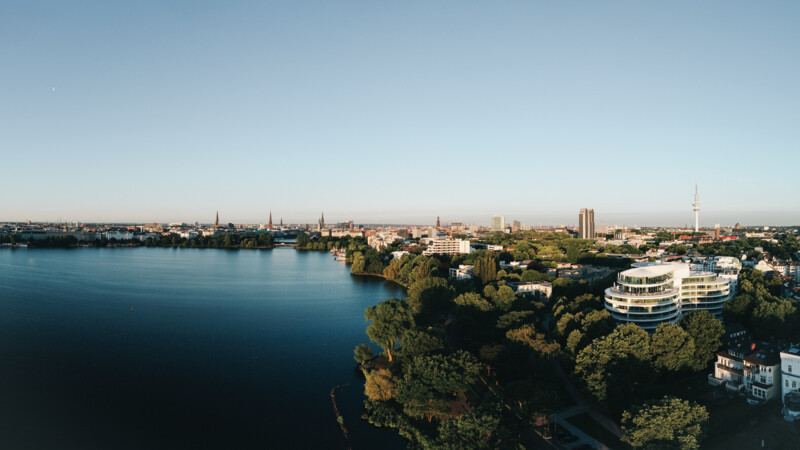"The Wilhelmsburg district is perfectly suited as a real laboratory for transitioning heating towards a renewable supply," said Peter Lorenzen, co-ordinator of the team at the Competence Center for Renewable Energies and Energy Efficiency (CC4E) at HAW Hamburg. "Our team has been involved in several heating projects in Wilhelmsburg in recent years and we look forward to bringing our existing expertise to IW3 as well."
A regenerative heating supply is central to the "IW3 - Integrated Heating Transition Wilhelmsburg" project. Geothermal energy is another essential component apart from wind and solar thermal energy. The concept foresees building a geothermal energy plant that brings thermal water from depths of 3.5 kilometres to the surface. The energy is extracted from the water via heat exchangers and fed into a grid, which will be newly built. The cooled water is returned to the source of extraction.



